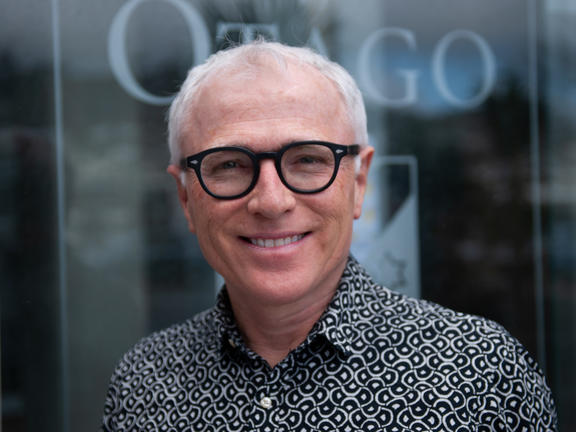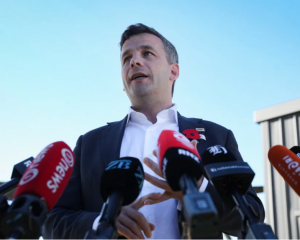
Medsafe has given the all-clear for New Zealanders as young as 12 to receive the Pfizer vaccine, conditional on the pharmaceutical company continuing to provide data from its clinical trials.
The Government is likely to give the final sign-off later this month after considering advice from the Ministry of Health. Until then, the minimum age for a vaccine remains 16.
Though children were at low risk they occasionally became seriously ill with Covid-19, so the vaccine would protect them, Prof Baker, who is based in Wellington, said.
"But the main benefit is the population protection we get by vaccinating more people and that will really limit the spread of the virus."
With newer, more infections variants, 80-90 percent of the population will have to be immunised to reach herd immunity, he said.
There were trials under way for vaccinating children down to age six months, but there was a question how important that would be for reducing transmission.
Baker said the dosage of the vaccine was slightly lower for children.
"You want to give the minimal amount of vaccine that gives really a vigorous immune response.
"The good thing with children is they've got very lively immune systems so they need a smaller dose of the vaccine."
Children would mostly be vaccinated later in the rollout, other than special cases such as if they were family members of border workers, he said.
Health leaders are generally pleased at the prospect of vaccination being available for younger age groups but some would like children bumped up the queue. University of Auckland Professor of Medicine Des Gorman said some 12 to 15-year-olds with pre-existing health conditions should be "given the vaccine tomorrow".
Auckland specialist paediatrician Dr Emma Best told RNZ's Morning Report programme today there would be benefit in prioritising some children but the main effort should be getting the vaccine to people at most risk of serious illness from the disease.
"In the long term, the vaccine may well be applicable for this age group.
"At the moment we really want to concentrate our efforts on making sure those most at risk of the disease - whether they're going to be exposed to it or get very seriously ill from it - get that vaccine."
There may be special groups within the younger age group who could benefit from early vaccination such as children of border workers who have a risk of exposure to the virus, she said.
International evidence of children getting seriously ill from Covid-19 - even those with other health conditions - was limited, but immunising the younger group would help protect older adults in the family.
"There is some individual benefit but stopping them potentially being somebody who passed [the virus] on to others is important too."
Baker said trials of a few thousand participants had so far shown the vaccine was well-tolerated by children and side-effects were consistent with those observed in older age groups and were mild to moderate local reactions.
Comments
We should wait until the long term trials of the vaccines are done in 2023 before we start injecting people who aren't at risk of the virus with a new medicine.
Get lost buddy.
You're a government parrot shill.
No way my kid is getting a jab that has a higher likelyhood of an adverse reaction than from the so-called disease itself.
Take a hike chap
"Though children were at low risk they occasionally became seriously ill with Covid-19, so the vaccine would protect them Baker said" does this guy know something fauci doesn't know?, "COVID-19 Vaccines May Prevent Symptoms but Not the Infection, Dr. Fauci Says".











